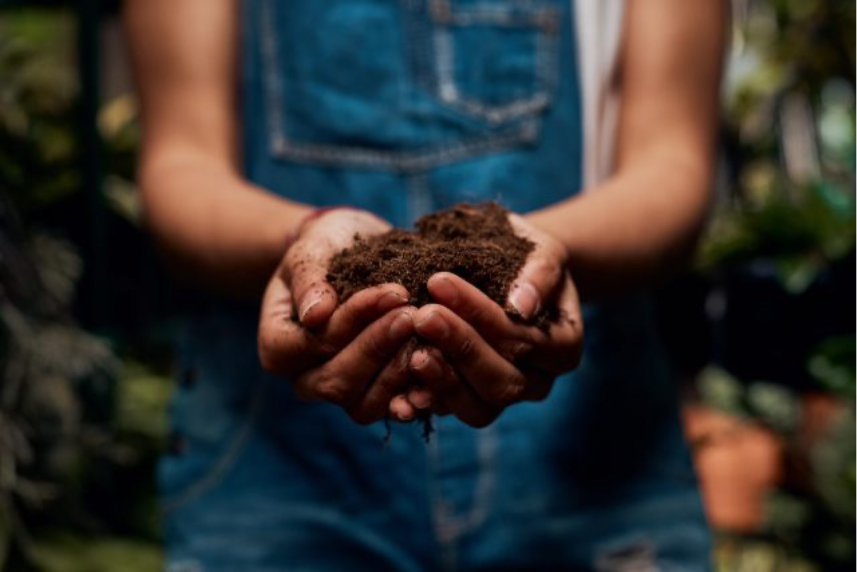Producers in the South American country are getting giddy over compost, and with good reason.
With climate change transforming Chile’s wine regions, sustainability is the hot word on everyone’s lips. From bountiful biological corridors and biodynamic soils to conserving water, winemakers are taking action now to secure their future. One way of ensuring that vineyards will thrive for decades to come is through looking at compost through a completely different lens.
Compost is like wine. You can make a very simple wine or a very complex wine. Chile is starting to make complex compost, The vineyards reap the benefits of investing more time and attention in this often overlooked component.
Vineyard managers are also using giant compost “teabags” to enrich the soils. “Each teabag weighs 3kg, and they’re submerged into reservoirs to add micro life and nutrients to the water used for irrigation.
It’s not the only clever brew the winemaking teams are cooking up. Also used are a mixture of milk, sugar and manure, which is fermented for one month. This dilutes stored rainwater and is sprayed directly onto the vine leaves once or twice per year during growing season.
Meanwhile, other viticulturists are keeping pools of worms to accelerate any composting process. The compost is made from discarded wine by-products to fertilise the vines, and the worms speed up the process.
The perks of premium compost are many. Better balance in the soils helps to reduce pyrazines which are responsible for giving wines that ‘green’ flavour that many consumers find off putting, especially in Carmenère, one of Chile’s foremost varieties.

